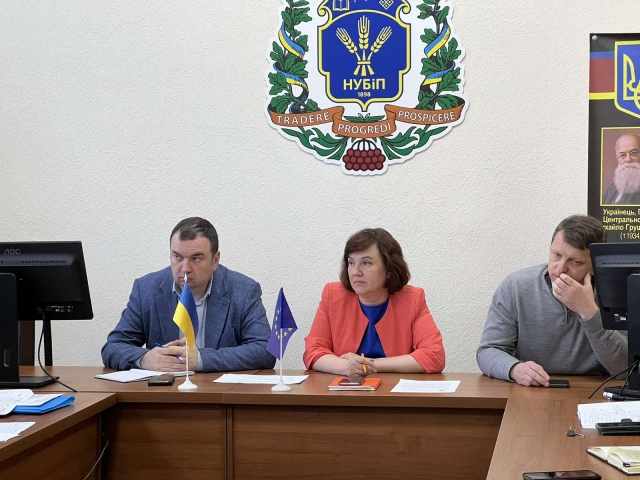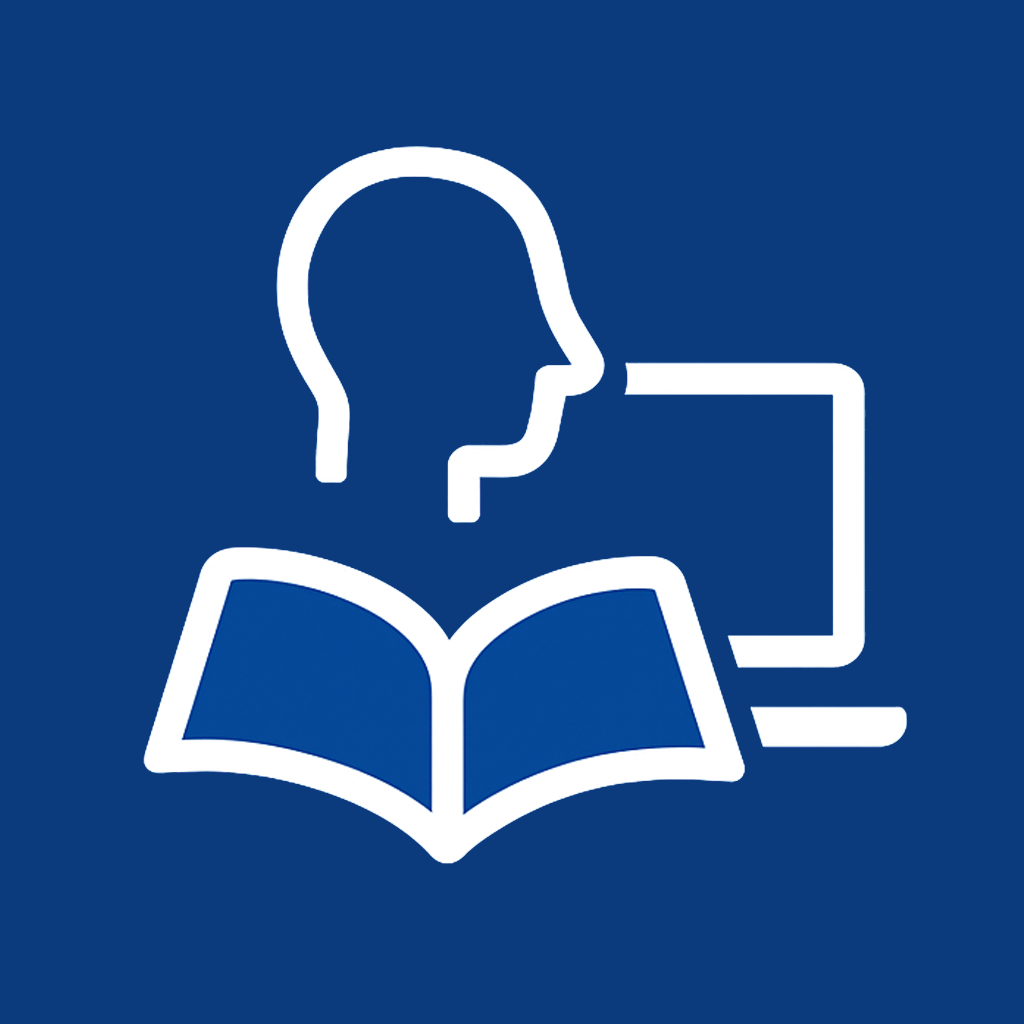На робочій нараді розглянуто питання організації освітнього процесу за програмою подвійних дипломів з Університетом Ліньї (Китайська Народна Республіка)
2 травня за головування проректора з науково-педагогічної роботи Оксани Тонхи відбулася нарада щодо забезпечення організованого навчання здобувачів вищої освіти ОС «Бакалавр» за спільною програмою підготовки з Університетом Ліньї (Китайська Народна Республіка).

Проректор зазначила, що 15 квітня на навчання за трьома освітніми програмами 204 Технологія виробництва і переробки продукції тваринництва (Animal Science), 181 Харчові технології (Food Technology) та 162 Біотехнології та біоінженерія (162 – Biotechnology and Bioengineering) було зараховано 219 здобувачів вищої освіти з Китайської Народної Республіки. Наше завдання – забезпечити організований початок освітнього процесу, в тому числі – затвердити його графік; затвердити в установленому порядку навчальні плани англомовних освітніх програм підготовки бакалаврів та підготувати накази на розподіл студентів на академічні групи. Ще одним важливим завданням є призначення англомовних наставників академічних груп або лекційного потоку та розроблення і упорядкування всієї необхідної документації для організованого проведення освітнього процесу.


Доповнили інформацію начальник навчального відділу Ярослав Рудик, заступник начальника навчального відділу Оксана Зазимко та директор ННЦ міжнародної діяльності Олександр Лабенко.

В обговоренні особливостей організації освітнього процесу взяли активну участь декан факультету тваринництва та водних біоресурсів Руслан Кононенко, заступник декана факультету харчових технологій та управління якістю продукції АПК Наталя Слободенюк та заступник декана факультету захисту рослин, екології та біотехнологій Петро Дрозд.
Лариса Кліх,
завідувач навчально-методичного відділу

